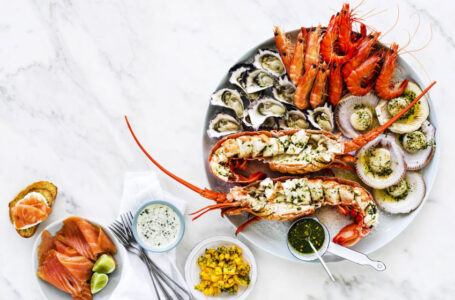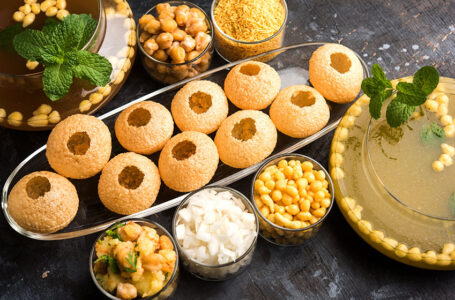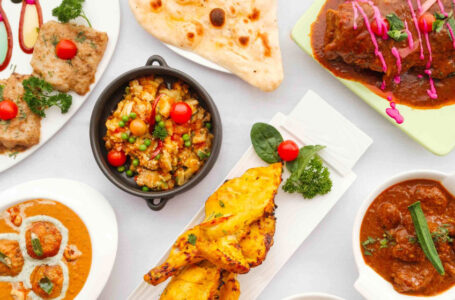Culinary Battlegrounds – How Politics and Nationalism Stir the Pot of ‘Our’ Food
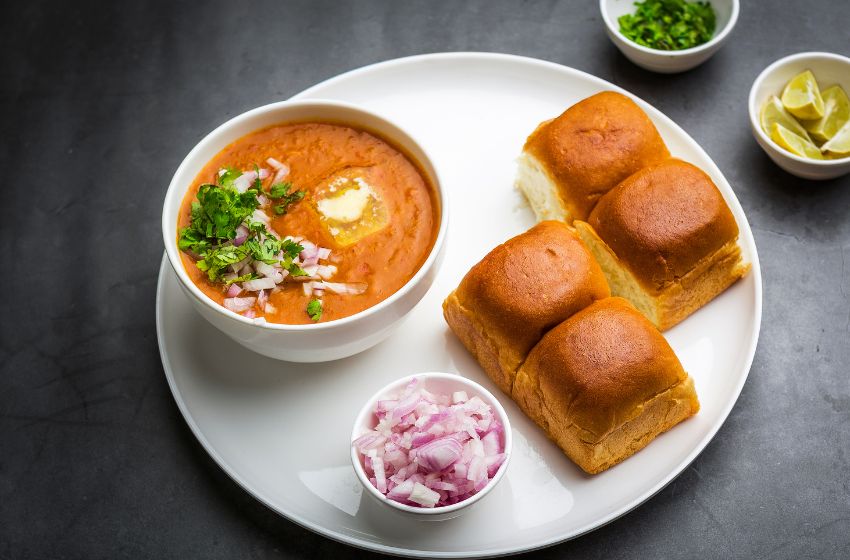
In a world awash with global flavours, you’d think food would be one territory where unity reigns. But take a closer look and you’ll find that our plates are not just laden with mouth-watering dishes; they’re also heaped with politics and nationalism. Arguments over the origin of a dish, or what constitutes the ‘right’ way to prepare it, can ignite as quickly as a gas stove and burn just as hot.
To understand the deeply rooted connection between food and identity, consider how various nations stake claims to specific dishes. Take, for instance, the humble pav bhaji, a spicy vegetable curry served with bread rolls, adored by Indians. However, political debates have erupted over its origins, its evolution tied to regional identities and even religious sentiments. On the other end of the spectrum, consider the jambalaya, a blend of meat, vegetables, and rice that is quintessentially American, originating from Louisiana. Yet, scratch beneath the culinary surface, and the complex interplay of French, African, and Spanish influences emerges, each culture vying for its slice of the jambalaya pie.
Such discussions are not idle banter confined to kitchens or dining rooms. They are, more often than not, coloured by geopolitics and national sentiment. How many times have you seen politicians wax lyrical about their nation’s unique cuisine as a symbol of its cultural heritage and sovereignty? From French politicians fiercely defending the authenticity of Champagne to the Japanese seeking UNESCO recognition for their traditional cuisine, ‘Washoku’, food is more than just sustenance; it’s a symbol of national pride.
Food politics can even spill over into international diplomacy. Consider the ‘Hummus Wars’ between Israel and Lebanon. Both countries claim this chickpea dish as their own, and both have engaged in high-stakes competition to create the world’s largest hummus bowl. It’s not about hummus, of course; it’s about claiming a cultural icon as a unique national treasure. The dish becomes a canvas on which broader political and cultural conflicts are painted.
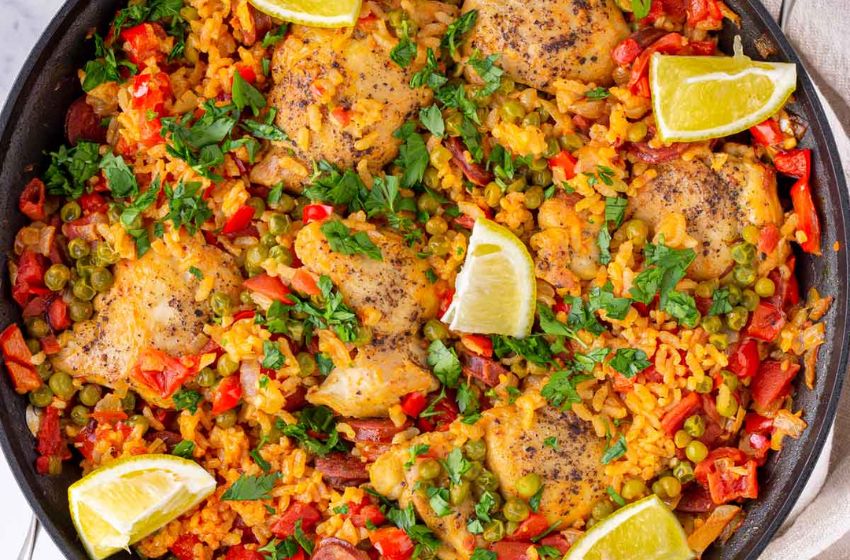
Then there are the food purists, a breed of culinary nationalists who deem any variation to traditional recipes as nothing short of heresy. For them, a paella with chorizo is an affront to Spanish culture, and putting cream in a Carbonara is a violation of Italian heritage. Yet, one could argue that culinary evolution is the very essence of our global society. What is America’s beloved pizza but a reinvention of an Italian classic? What is Britain’s chicken tikka masala but a delicious hybrid of Indian spices and British culinary sensibilities?
This leads us to the crux of the issue: the idea of ownership. Who ‘owns’ a dish? Is it the community that has been making it for centuries, or is it open to interpretation and adaptation by anyone who comes into contact with it? These are not easy questions to answer, but they are vital to consider, especially in a globalised world where cultures blend more freely than the ingredients of a smoothie.
As nations grapple with identity in an ever-changing world, it’s not surprising that food becomes a metaphorical battleground. But as we fight these culinary wars, it’s essential to remember that food, at its core, is a communal experience. It’s meant to bring us together, not `tear us apart.
So, the next time you find yourself engaged in a heated debate over the ‘correct’ way to make a dish or the ‘true’ origins of your favourite meal, take a moment to appreciate the rich tapestry of influences that have contributed to that dish. Realise that food, like culture, is ever-evolving. The politics and nationalism that we infuse into our meals can make them bitter; let’s not forget the potential they have to also make our lives richer.
Food, in its most primal form, is a celebration of life. As we sit down to eat, let’s toast to the wonderful complexity and diversity that make our dishes-and our lives-so very delicious. Cheers.



